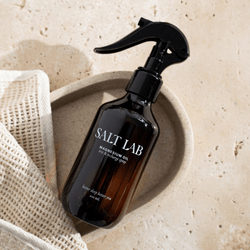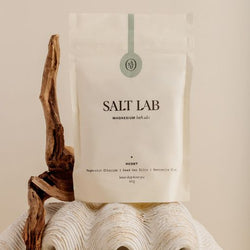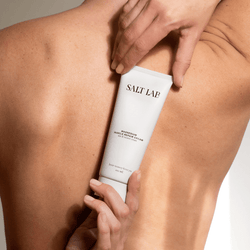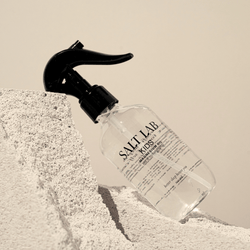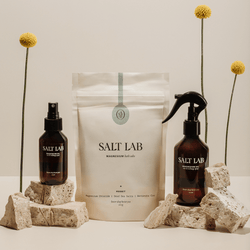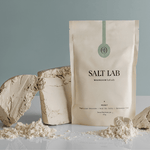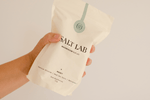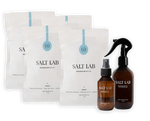In honour of World Environment Day, we spoke with the team at Carbon 8 to share simple, effective ways to care for your soil, no matter the size of your space. From backyard gardens to balcony pots, a few mindful habits can help build healthier soil and support a more sustainable future.
1. What’s one easy thing people can do at home like composting or mulching to help build healthier soil?
Try covering bare soil with what you’ve already got—like lawn clippings or fallen leaves. This simple step helps protect the soil surface, keeps moisture in, and gives microbes and worms something to work with. Even spreading out a light layer every now and then can improve soil over time. It doesn’t have to be complicated—just small, regular actions that support the natural process.
2. Why is it better to dig less (or not at all) when preparing soil, and how could a beginner start doing this?
Digging breaks up the structure of the soil and disturbs the microbes and fungi that help keep things ticking along underground. Less disturbance means better water retention, stronger root systems, and more natural resilience. If you’re starting out, try layering compost and mulch on top and planting straight into that—let nature do the work from the top down.
3. How can planting different things like veggies, flowers, or cover plants help soil, and what’s a good start for someone with a small garden or pots?
Plant diversity keeps your soil healthy and your garden ticking along. Different plants bring different benefits—some feed the soil, others attract good bugs or keep pests in check. Even in a small space, mixing herbs, flowers, and veggies helps support the system. If you’re just getting started, try growing something like lettuce. It’s quick to grow, doesn’t ask for much, and gives you that satisfying feeling of picking something fresh from your own patch within a few weeks. Great for the soil—and great on your plate.
4. What’s the simplest way to check if your soil has the right nutrients and why does this matter?
Good soil smells earthy and feels crumbly in your hand. Seeing worms is another good sign. For a clearer picture, you can get a basic soil test kit - it’s worth knowing what your soil needs so you can work with it—not against it—and help your plants grow strong from the ground up.
5. Could using kitchen scraps like food scraps or eggshells help your soil? If so, how do you use them?
Yes—most food scraps are full of nutrients that soil life loves. Compost them if you can, or bury small amounts directly into garden beds. Crushed eggshells add calcium, banana peels are great for potassium, and coffee grounds add nitrogen. Avoid meat, dairy and oily foods, and over time, your garden will start to thank you for the extra attention.
This World Environment Day, we’re reminded that small steps like nurturing your soil can have a big impact. With guidance from Carbon 8, it’s easy to support the planet from your own patch of green and help nature thrive from the ground up.
